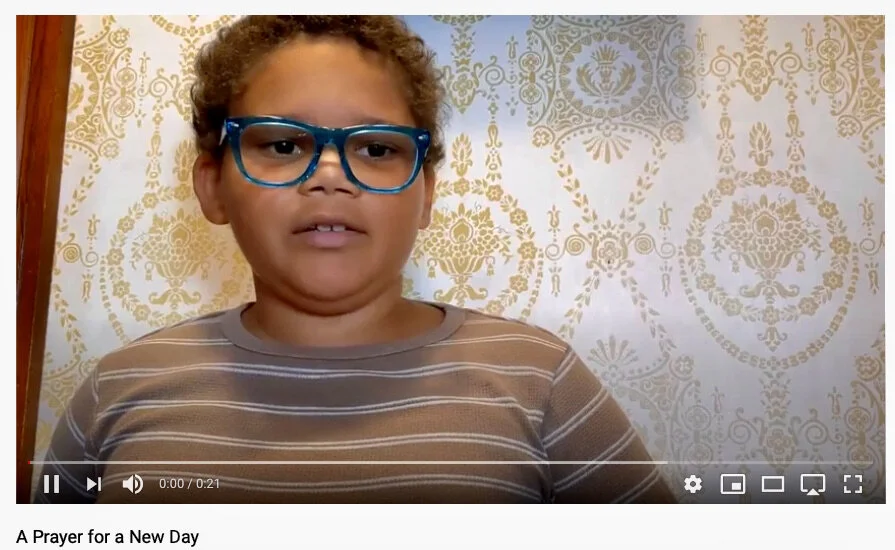Easter Sunday puts a pause on the world’s worries: pilgrims make their pilgrammages; choirs belt out their strong hallelujah’s; the pope says mass for thousands; preachers mock death; the adorned altar proclaims spring, and for a brief shining moment the hope of Jesus Christ risen is tangible. But then the world blinks, as it were, loses its concentration and returns its attention to other pressing matters: COVID variants in the air, a border in disarray, a boiling planet and brutal gun violence. Then it turns to look for this hope again, and it’s gone. An array of forces is approaching us led by the baddest bully of them all: death. Where is that Easter bravado today?
One week after, do you still believe in Easter? How? There was once a man who did not believe in Easter. His name was Thomas the Twin; we might call him St. Skepticus.


















